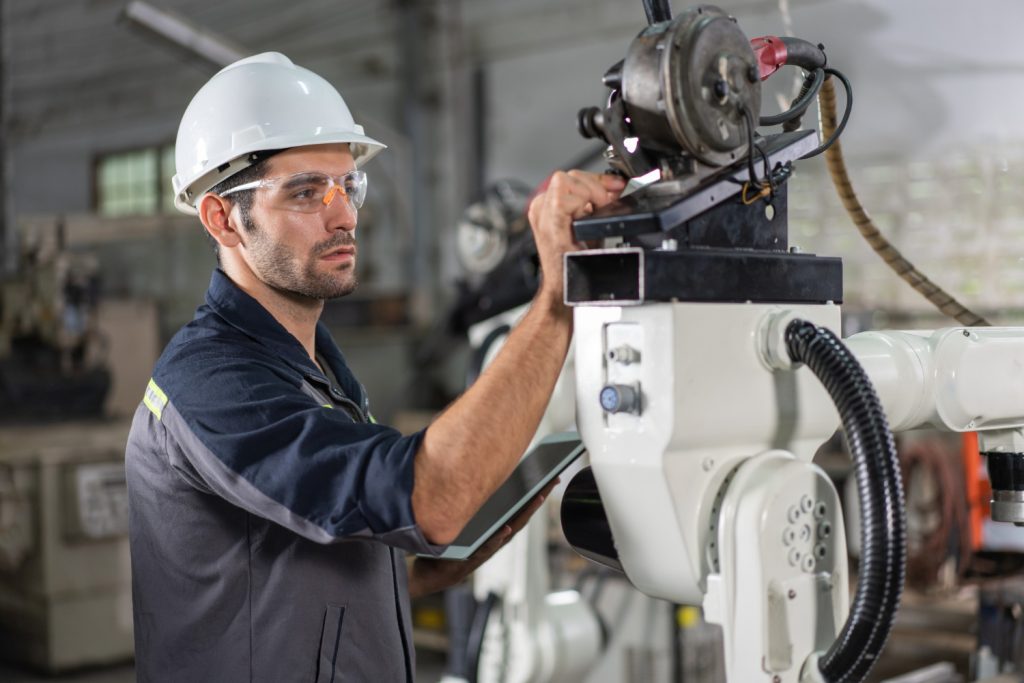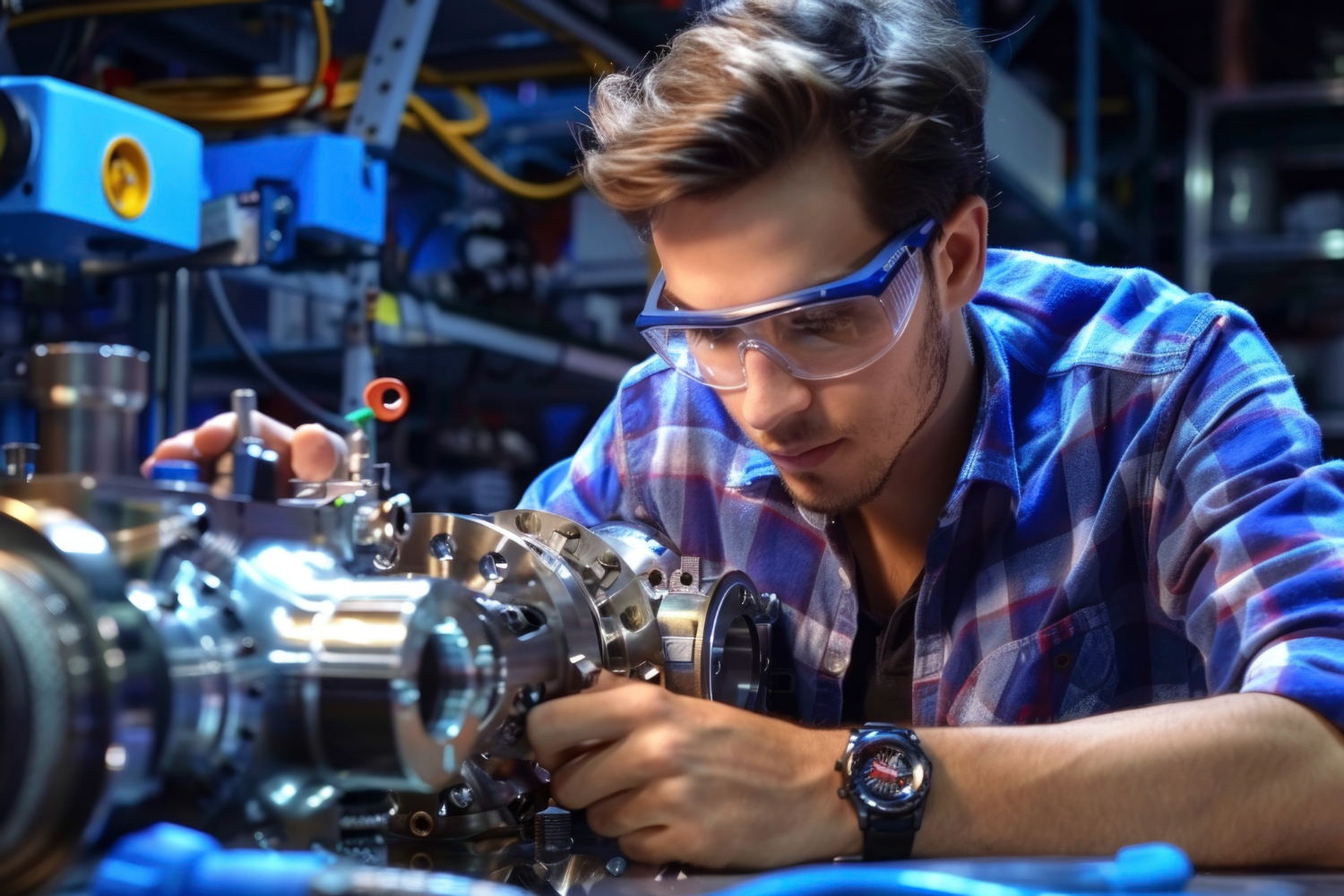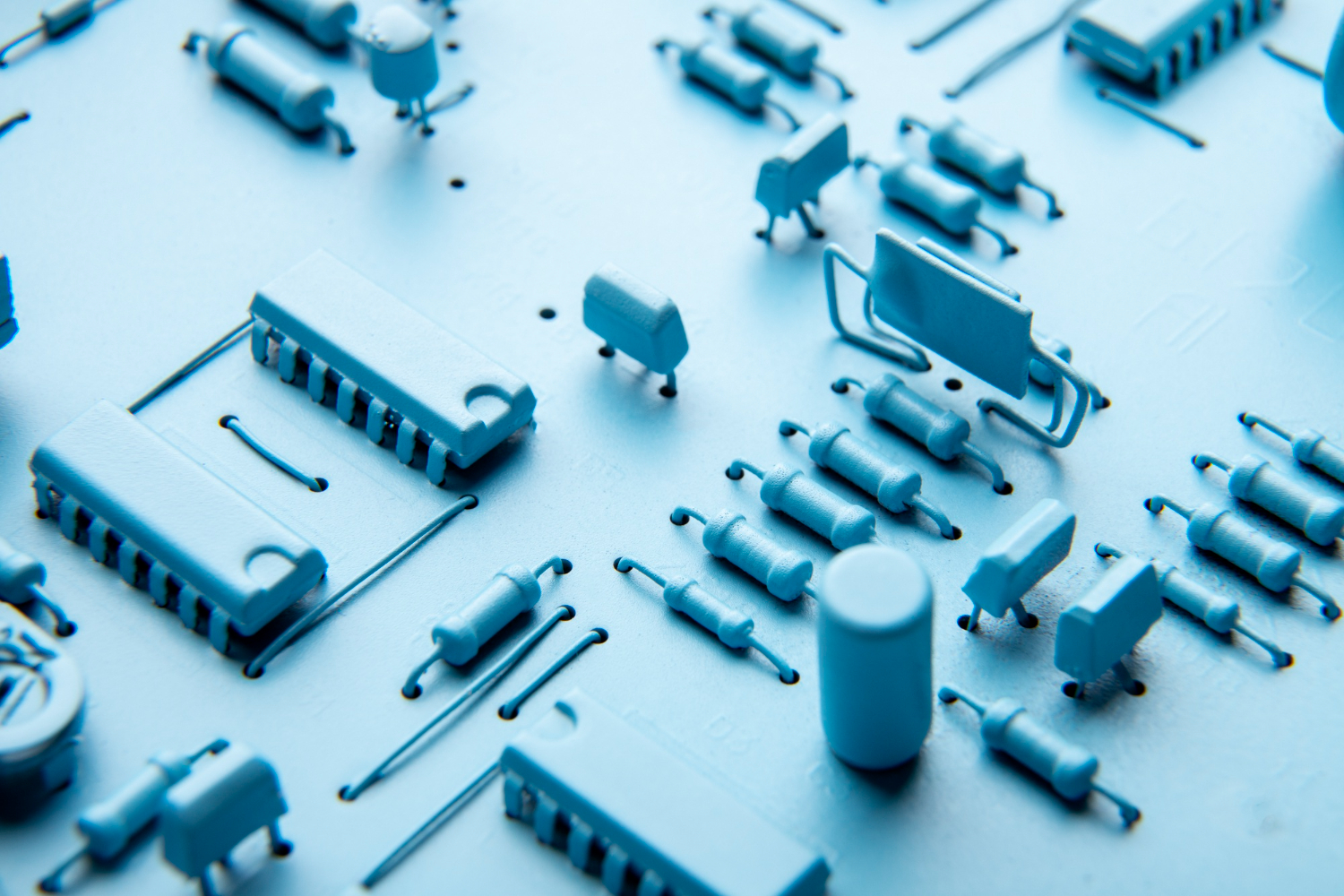In a world where innovation drives success, mechanical engineering plays a critical role in shaping products that are functional, efficient, and ready for the demands of modern markets. From the initial sketch to the final prototype, mechanical engineers are the driving force behind the transformation of ideas into tangible products.
For companies operating across industries—from medical devices to military systems—the involvement of a skilled mechanical engineer is not optional. It is a strategic necessity that ensures reliability, performance, and scalability. This article explores the pivotal contributions of mechanical engineers to product design and development and how their role continues to evolve in a high-tech landscape.

How a Mechanical Engineer Bridges Concept and Reality
At the earliest stages of product development, a mechanical engineer translates conceptual ideas into technical blueprints. This process requires more than technical knowledge—it demands creativity, systems thinking, and an understanding of real-world constraints such as materials, manufacturing limitations, and user needs.
Mechanical engineers develop CAD models, analyze materials and forces, simulate behaviors under stress, and ensure the product will perform as intended. Without this critical input, even the most brilliant product concept can falter when confronted with reality.
Mechanical Engineer Contributions to Cross-Functional Design Teams
Product development is rarely a solo act. It involves multidisciplinary teams including electrical engineers, software developers, industrial designers, and product managers. In this collaborative environment, the mechanical engineer acts as a central link—connecting mechanical functionality with electronic and software components.
They ensure that physical components align with system requirements and are compatible with other subsystems. This includes coordinating tolerances, heat management, space constraints, mechanical interfaces, and even regulatory compliance, especially in medical or defense products.
Their ability to communicate across disciplines and deliver reliable mechanical solutions makes them essential for both small startups and large-scale engineering firms.
The Role of a Mechanical Engineer in Prototyping and Iteration
No product is perfect from the start. Rapid prototyping and iteration are vital for refining functionality and identifying potential failure points early. A mechanical engineer leads this process by creating initial prototypes, performing testing, and modifying designs based on test data.
Prototyping involves not just physical builds, but also virtual simulations, stress tests, and failure analysis. Engineers optimize designs for weight, strength, cost, and manufacturability. Every iteration gets the product closer to meeting technical, business, and user objectives.
Moreover, mechanical engineers design with scalability in mind. They ensure that the product can move smoothly from prototype to mass production without compromising on quality or performance.
Mechanical Engineer Expertise in Materials and Manufacturing Processes
Material selection is not merely about appearance or cost—it impacts a product’s strength, durability, sustainability, and regulatory compliance. A knowledgeable mechanical engineer considers all these factors when choosing metals, polymers, composites, and other materials.
Additionally, engineers must select appropriate manufacturing processes such as injection molding, CNC machining, 3D printing, or sheet metal forming. Each technique carries its own limitations and advantages, and only a trained mechanical engineer can align these with design and budget requirements.
In the later stages, they also oversee the transfer of designs to production partners and manage design for manufacturability (DFM) and assembly (DFA) considerations. These steps ensure that the final product not only works but can also be produced efficiently at scale.
Mechanical Engineers Drive Innovation in Regulated Industries
Certain sectors—like medical devices, aerospace, and military technologies—demand higher levels of precision, documentation, and safety. In these environments, the mechanical engineer must operate under strict regulatory guidelines and quality standards.
Their role extends beyond design: they participate in risk assessments, failure mode analysis, and validation processes. Engineers working in these fields often collaborate with compliance teams to ensure all design and manufacturing documentation is in line with ISO, FDA, CE, or military standards.
The combination of engineering precision and regulatory discipline allows mechanical engineers to support the development of life-saving and mission-critical systems.
The Evolving Future of the Mechanical Engineer’s Role
With the rise of digital engineering tools, artificial intelligence, and additive manufacturing, the role of the mechanical engineer is constantly evolving. Today’s engineers are expected to be proficient not only in traditional design methods, but also in simulation software, data analysis, and agile development methodologies.
As products become smarter, more connected, and increasingly interdisciplinary, the modern mechanical engineer must stay adaptable and continue learning. Their future role will likely integrate more software collaboration, system-level design, and sustainability-driven innovation.
Mechanical Engineering at the Core of HDE’s Project Success
At HDE, mechanical engineering is not just a service—it’s a core philosophy. Our team of experienced engineers supports companies across industries by turning complex requirements into reliable, scalable solutions. From electro-mechanical design to medical packaging and military systems, HDE offers end-to-end support—from initial concept to final integration on site.
We proudly collaborate with leading technology firms and academic institutions on projects that demand innovation and precision. Our reputation is built on close customer support, design for reliability, and a commitment to continuous improvement.
Explore how HDE’s customers benefit from world-class mechanical engineering, and how HDE’s activities and projects are shaping the future of advanced product development.



